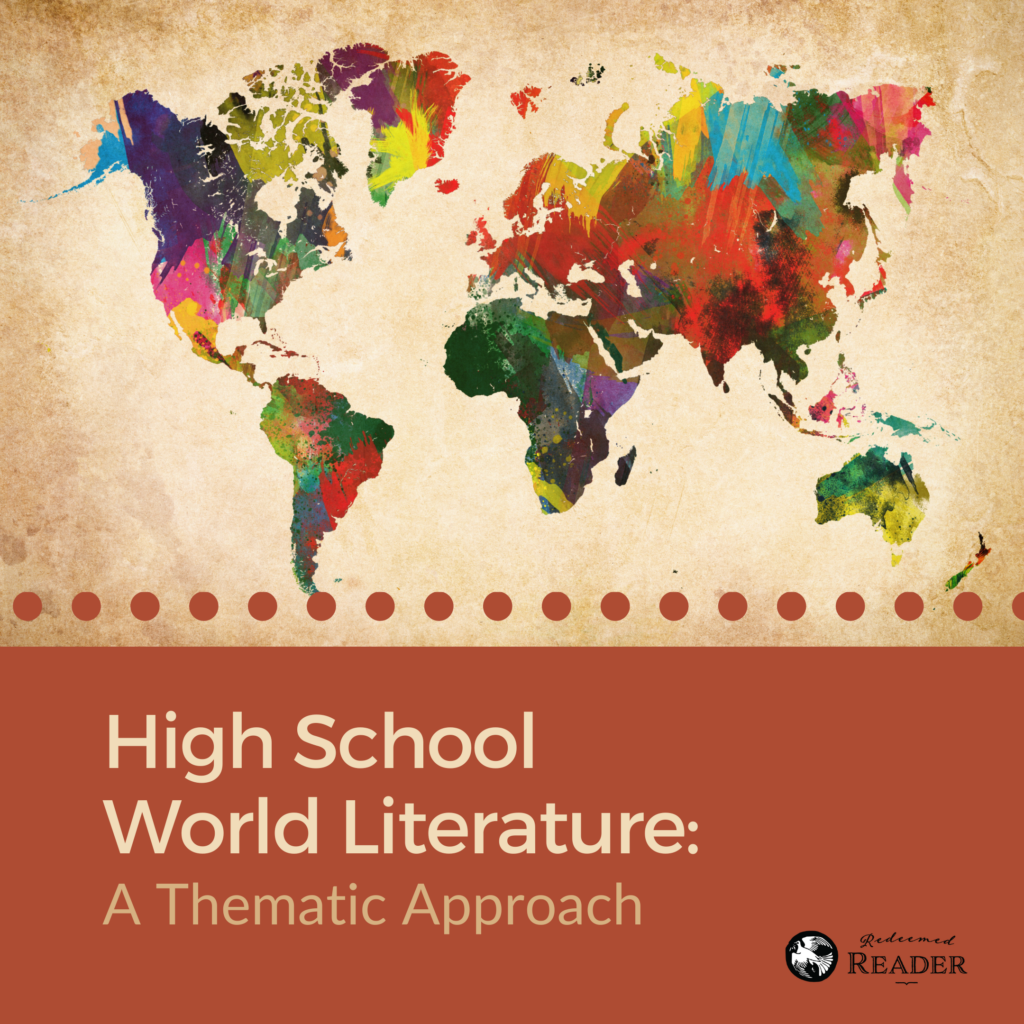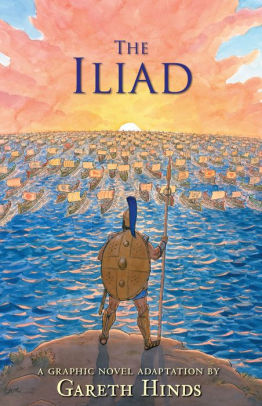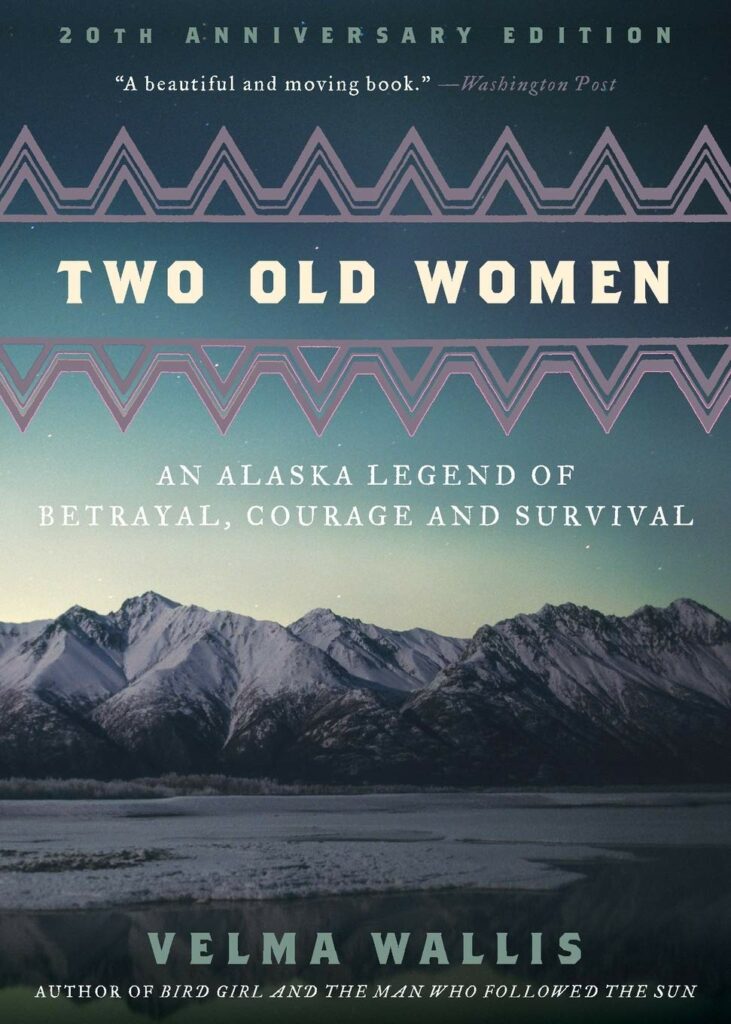High School World Literature: What to Cut?
“World literature” can mean literally any book ever written. The hard part of planning a world literature class is narrowing the focus: Do we cover antiquity to the present? Do we focus on broad world-wide representation? Do we read “the classics” (European classics, that is) that haven’t already been covered in British literature? Do we read modern American books that are written by authors with global backgrounds (i.e. non-European)?
What to do? My advice for British lit is even more applicable here because the difficulty is choosing what not to teach even more than what to teach. Know your students, first and foremost. Perhaps more than with any other high school literature class, knowing your students is critical for world literature because the sky’s the limit. How old are your students? What have they already read? What year is this course for them? (Is this an introductory course or have they already grappled with Shakespeare and Dickens?) Is this an elective or a requirement? Etc.
Know your goals for your class. Are you teaching at a school with an established book list that you need to follow? Trying to imitate what other schools in your area are covering? Preparing students for an AP exam? Do some research. The formerly standard titles for world literature are no longer standard. Increasingly, I’m seeing lists at public schools reflect what’s hot and what’s not in today’s literature canon; titles like The Handmaid’s Tale or The Kite Runner instead of The Odyssey or Crime and Punishment are cropping up. Knowing your goals before you create a book list will help you pick and choose more intelligently.
Finally, be willing to change things up: read some titles aloud. Watch a movie. Vary the genres. Don’t read what everyone else is reading if it’s not right for your students. Do be willing to challenge them.
High School World Literature: A Thematic Approach
I’ll be teaching world literature at my local homeschool co-op this year. Some moms want me to teach the great epics because I read them for fun whereas they’re scared of them. My director suggested choosing 10-12 titles. I recommended the class for 11th-12th graders, but I know I have some 9th graders in the mix. So… what to do? Many of my students have never read an epic poem. Some of them don’t even like to read (I’ll reassure them that I still love them). 10-12 works of world literature can get pretty heavy pretty quickly.
I decided to approach world literature thematically, reading some of the great works of antiquity and then jumping all the way forward to the 20th century. That allows me to cover some non-Western perspectives, to show students that we’re still writing about the same ideas, and to work in some shorter works.

World Literature Survey Course
My goal is a world literature course that zeroes in on worldview and each author’s context. Incidentally, this is a very traditional method of literary criticism, but it’s fallen out of favor in contemporary academia. Rather than reading chronologically, we’ll pair old and new works together thematically. That will help break up the reading, and it should prompt some interesting discussion. We will focus on the following skills, themes, and ideas as we read:
- Learn to discern worldview in the works, the culture, and the time periods we study.
- Gain an understanding of, and appreciation for, the great Western classics of antiquity.
- Grow in our ability to conduct literary analysis of different genres, particularly through the Socratic method.
- And, examine the “-ty” ideas that authors have been writing about since Genesis: piety, society, masculinity, femininity, authority, docility, domesticity, community, hospitality, etc.
Fine print: this is not a published curriculum. I do not claim any authority to say what “counts” for a high school world literature credit, I cannot promise the list below will work for your situation, and I am not claiming that this course is better than one of the many excellent pre-packaged world literature curricula on the market. But I do urge you to examine what your children and students are expected to read. Know your children and students, and do not feel obligated to read a book just because you feel like you “should,” especially if you think it unwise or unbiblical. Remember, we should read under grace, not law.
More fine print: Some links below are affiliate links; read our full disclosure for more information.
General and Reference Resources
- Teaching the Classics from Center for Lit (Socratic discussion)
- Realms of Gold by Leland Ryken
- Heroes of the City of Man by Peter Leithart
- From Achilles to Christ by Louis Markos
- The Lively Art of Writing by Lucille Payne (suggested for those who need to add a writing strand)
- Invitation to the Classics, edited by by Louise Cowan and Os Guiness (select chapters)
Specific Literary Works

Summer Reading: The Iliad
The Iliad is foundational, but we can only dive into so many texts during the school year. Having a grasp of The Iliad will help students more fully understand Odysseus and Aeneas, whom they’ll meet again. The Iliad also helps set up a clear picture of ancient pagan worldviews, particularly in regards to heroism, warfare, and the Greek gods/goddesses.
- Regular students may read a summary. I’m recommending one of the following: Rosemary Sutcliff’s Black Ships Before Troy, Gareth Hinds’s The Iliad (graphic novel; read our review), or Gillian Cross’s version of The Iliad. Of those, my favorite is the graphic novel!
- Honors students must read the real deal. I’m recommending Fitzgerald’s translation, especially if they have access to the lovely audio version narrated by Dan Stevens. It’s very readable, especially for those diving in for the first time.
- I also gave them this handy video summary.
ANCIENT WORKS:
- The Bible: Genesis 1-3, Jonah, Colossians
- The Odyssey by Homer, preferably Emily Wilson’s translation
- Antigone by Sophocles
- Plutarch’s Life of Caesar (accompanied by a viewing of Shakespeare’s Julius Caesar).
- The Aeneid by Virgil, preferably Sarah Ruden’s translation
- *maybe* Book I of Augustine’s Confessions
20th (and 21st) CENTURY WORKS:
I tried for a variety of genres and cultural perspectives in this list.

- Two Old Women by Velma Wallis (traditional tale; native Alaskan; read our review)
- American Born Chinese by Gene Luen Yang (graphic novel; Chinese American; read our review)
- The Great Divorce by C. S. Lewis (allegory)
- Animal Farm by George Orwell (allegory)
- Cry, the Beloved Country by Alan Paton (fiction; South African)
- The Wall by Peter Sís (picture book; European)
- (not 20th century, but I will also include fairy tales, especially those of Hans Christian Andersen along with various versions of Cinderella from around the world)
- (Honors only) Fahrenheit 451 by Ray Bradbury (dystopian)
ADDITIONAL OPTIONS:
If I had tons of time and/or students who’d read a lot of these titles and/or needed extra project ideas, I’d offer some of these contemporary options, too.
- Bamboo People by Mitali Perkins (historical/realistic fiction; Burma; read our review)
- Everything Sad Is Untrue by Daniel Nayeri (honestly, this was a hard title to cut. I may still sneak it in. Read our review.)
- The Little Prince by Antoine de Saint-Exupéry (fantasy/fable; French)
- Babette’s Feast by Isak Dinesen (novella; Danish)
- Lovely War by Julie Berry (what a great companion this would be to a mythology study! Read our review.)
- One Day in the Life of Ivan Denisovich by Alexander Solzhenitsyn (fiction; Russian; confession: I haven’t read this in years, so I might reject this for a high school after re-reading it—you should always re-read a book before choosing it for a class. Trust me on this. Ahem.)
What would YOU add or swap in for your own ideal high school world literature class? Tell us in the comments!
Teaching American literature instead? Here’s what I did with my students for American lit last year. And here’s what I planned for my British literature class.
Support our writers and help keep Redeemed Reader ad-free by joining the Redeemed Reader Fellowship.
Stay Up to Date!
Get the information you need to make wise choices about books for your children and teens.
Our weekly newsletter includes our latest reviews, related links from around the web, a featured book list, book trivia, and more. We never sell your information. You may unsubscribe at any time.
We'd love to hear from you!
Our comments are now limited to our members (both Silver and Golden Key). Members, you just need to log in with your normal log-in credentials!
Not a member yet? You can join the Silver Key ($2.99/month) for a free 2-week trial. Cancel at any time. Find out more about membership here.
2 Comments
Leave a Comment
You must be logged in to post a comment.


Love the Realms of Gold book. I’ve used several of these same titles in our homeschool co-op: The Odyssey and One Day in the Life of Ivan Denisovich. Also, we’ve read Night and Things Fall Apart.
I considered both of those, especially Things Fall Apart. I decided it wasn’t the best fit for my current group, but it’s a title that deserves more attention. Very thought-provoking.